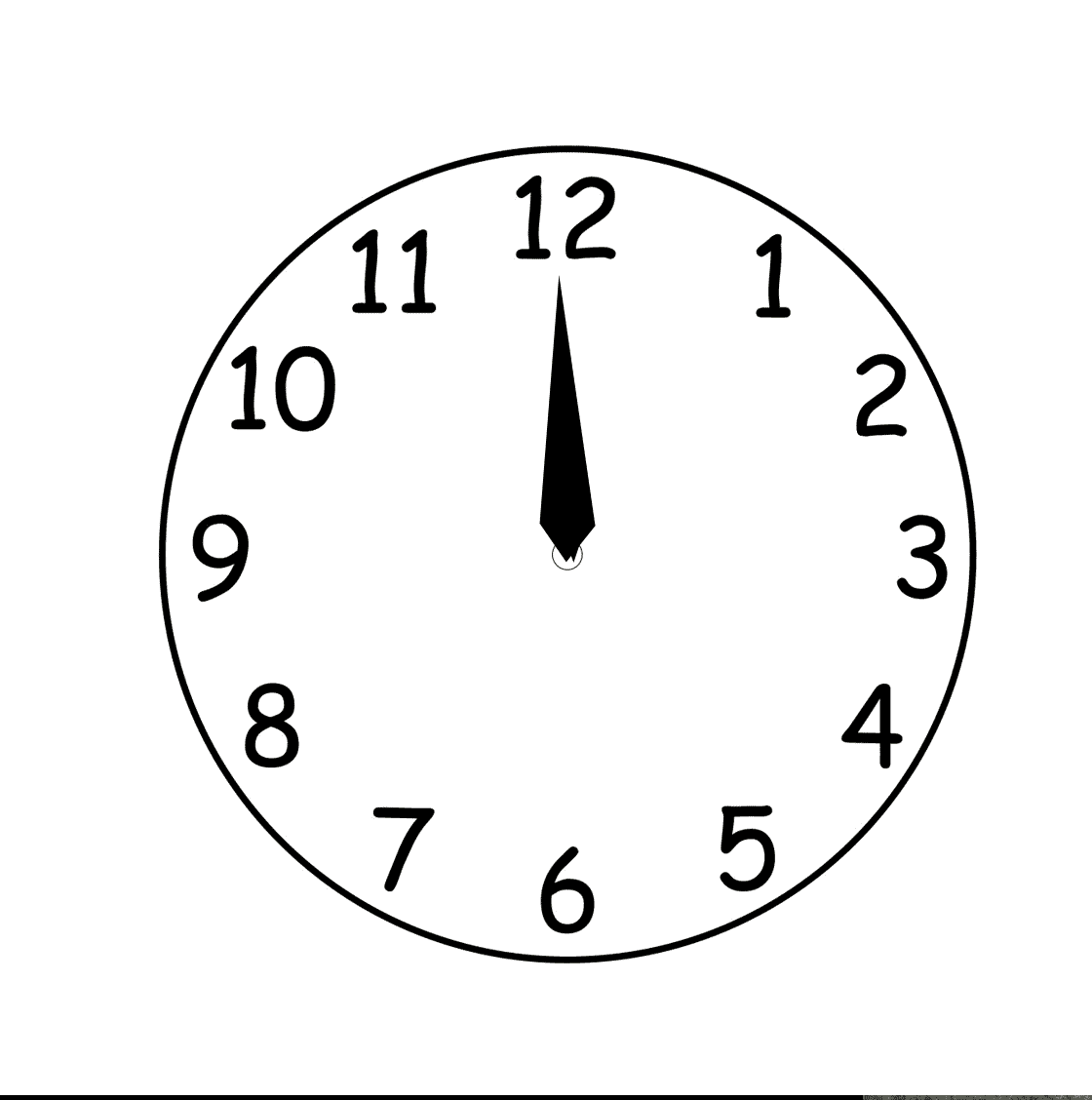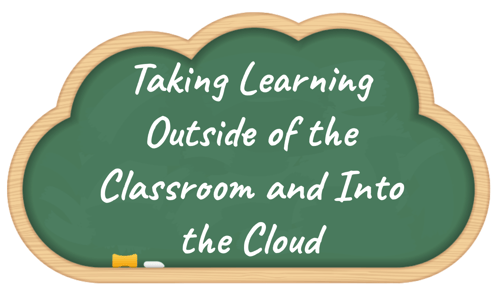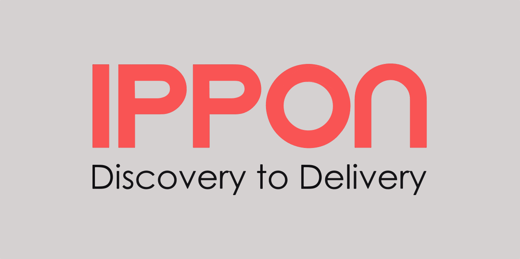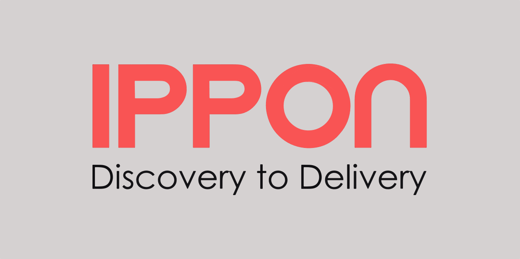It was that time of year again -- sitting around the table with extended family, enjoying an assortment of homemade goodies. With the polite conversation and well tempered jokes, there's a series of questions one grows to expect. "How have you been?", "How's work?", or for the more distant family, "What do you do again?". It was about the third time I got to the last question, before I noticed a pattern within the pattern; I would answer, "I build software," and they would reply, "oh," and then the conversation would either move on or end.
Part of me wanted to wave it off as people not wanting to get too technical or simply not knowing what to add to that -- but my family is full of technical, modern people. I looked around and saw a doctor, a mechanic, trained nurses, and businessmen. Everyone has a smartphone, some two -- it's not like they don't know what software is.
It was at that moment I learned something about coding from, of all people, the mechanic in my family. When asked what he does, he didn't say "I fix cars." He said, "I fix people's car problems." This struck me as somehow both obvious and profound; of course, when he fixes a car, he's helping someone, but how he said it made the end goal of helping people the focus.

In that way, I began to think of what I do as a software engineer. For a programmer, saying, “I write code,” is missing the point. Answering that way would be the same as if a construction worker answered, "I hammer nails." Yes, technically I do build software, but why? What impact does my work have?
Remembering the words of my last client, she told me she was so excited to have our project launch because it will "make her life easier," that it will save her hours each month, and she won't have to do certain tasks anymore as they are now automated. She can "focus on the important things now."
Those occasional comments through the life of the project really stuck with me; they were little badges of pride for me. I knew that a lot of the people using this new software were the type to work at the office until the job was done -- even well into the after-hours. I knew that a lot of these tasks being automated were things that weren't technically their responsibility, but they picked up the slack because it needed done. The team I was helping is one that gives 110%, and I'm thrilled that I was able to ease their workload.

What they do with that extra time is important. Maybe they'll get to spend an extra evening every month with their kids or use the time to learn a new skill. Maybe, without the stress of a backlog, they'll be able to think about the future of their company and continue innovating rather than running in place. Thinking about this, though, gave me a new perspective on why we code -- and the next time I was asked, I answered, "I free people's time, so they can work on what's important to them."
If you'd like to learn how we can automate your processes to free up time for what's most important to you, we'd love to hear from you! Please contact us at contact@ippon.fr with your questions and inquiries.






Comments